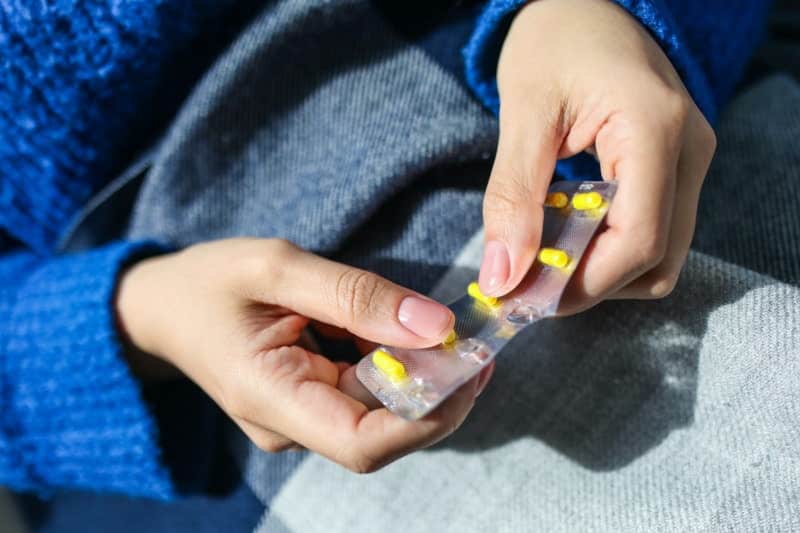Being told you have an ovarian cyst often leaves you with more questions than […]

Ovulation induction is the use of oral medications or injections to induce ovulation. It is typically used for women who do not ovulate (anovulatory) or ovulate irregularly resulting in infertility, of which the biggest cause is polycystic ovary syndrome (PCOS). Ovulation induction is usually done to time sexual intercourse, or intrauterine insemination.
This is an oral medication that increases follicle-stimulating hormone (FSH) and luteinising hormone (LH) levels, which are hormones important in ovulation. This is taken on Days 2 to 6 of the menstrual cycle. Ovulation can be monitored by urine ovulation test kits, blood tests or ultrasound scan tracking. If ovulation was successful, the same dose is repeated for the next cycle; if ovulation was unsuccessful, the dose is increased for the next cycle until ovulation is confirmed.
For women with irregular ovulation, 80% ovulate on clomiphene and 30-40% become pregnant. Nearly all pregnancies will occur within the first 6 ovulatory cycles – if you do not fall pregnant within this timeframe, you should not continue with further clomiphene.
Side effects of clomiphene include hot flushes, headaches, nausea, mood changes, breast tenderness, abdominal bloatedness. Vision disturbances are rare (1-2%) and usually stops when clomiphene is stopped. There is a risk of multiple pregnancies with the use of clomiphene.
This is an oral medication used for ovulation induction that is also taken on Days 2 to 6 of the menstrual cycle. Monitoring and step-wise dosing increase (if necessary) is similar to clomiphene as described above. Letrozole has been shown to have better results than clomiphene in women suffering from polycystic ovary syndrome (PCOS) as research has shown that it has resulted in more women becoming pregnant and carrying the baby to term.
Side effects of letrozole is similar to that of clomiphene. There is also a risk of multiple pregnancies with the use of letrozole.
This is an oral medication that is used to treat diabetes. As PCOS is known to be associated with insulin resistance, metformin has been used to increase the chances of ovulation in women with PCOS and infertility if they did not ovulate on clomiphene alone.
This involves injections that range from 5 to 12 days that allow the eggs within the follicles to mature. These injections can be self-administered at home. Closer monitoring with ultrasound scans and blood tests will be needed. When the follicle is sufficiently large, another injection (HCG) can be given to trigger ovulation. Ovulation usually occurs 36 hours after HCG injection.
There is a risk of ovarian hyperstimulation syndrome (OHSS) with the use of ovulation induction, although this is rare.
If you are not successful despite several rounds of ovulation induction, you may need further checks and other forms of assisted reproductive techniques – do speak to your fertility specialist about this.
Being told you have an ovarian cyst often leaves you with more questions than […]
Chronic bloating. Lower back pain. Fatigue that lingers even after rest. These are symptoms […]
Many women live with Polycystic Ovary Syndrome (PCOS) without realising fact from fiction. This […]





Aster Gynaecology © | All Rights Reserved.